Unleash Creative Freedom: Small-Batch DTF Printing Without Quantity Constraints
Direct-to-fabric (DTF) transfer printing is a revolutionary method for creating custom fabric design…….
In today’s interconnected global economy, businesses of all sizes seek efficient and cost-effective ways to manage their supply chains and expand internationally. One innovative solution gaining traction is the concept of “DTF Transfers for Small Orders No Minimum,” which promises streamlined cross-border trade with minimal barriers. This article delves into the intricacies of this approach, exploring its benefits, global impact, underlying technologies, and the challenges it aims to address. By the end, readers will grasp the transformative potential of DTF transfers in shaping the future of international commerce.
Definition:
DTF (Document Transfer) transfers for small orders no minimum refer to a digital process that facilitates the seamless exchange of commercial documents between businesses, especially when dealing with international trade. This method eliminates the traditional requirement for a minimum order quantity, allowing even the smallest enterprises to participate in global commerce effectively.
Core Components:
Historical Context:
The concept of DTF transfers gained traction in response to the growing demand for simpler, faster, and more cost-effective cross-border transactions. Traditional methods often involved extensive paperwork, long processing times, and significant costs, especially for smaller entities. Blockchain technology, with its promise of secure and transparent record-keeping, has been a game-changer, transforming how commercial documents are managed.
International Trade Facilitation:
DTF transfers have the potential to revolutionize international trade by simplifying processes for small businesses. This is particularly significant in regions with emerging economies, where smaller enterprises often struggle to access global markets due to complex regulatory requirements and high transaction costs.
Case Study: Africa’s Rise in Global Trade:
In sub-Saharan Africa, countries like Kenya and Ghana have embraced DTF systems to boost their export industries. For instance, Kenya’s iTFA (Integrated Trade Facilitation Application) has streamlined customs procedures, enabling small agricultural exporters to reach international markets more efficiently. This has led to increased exports of items like tea and flowers.
Regional Disparities:
While the impact is global, the adoption rate varies across regions. Established economies in North America and Europe have been early adopters, while some developing nations are still in the process of implementing DTF technologies due to infrastructure gaps and regulatory challenges.
Trends Shaping the Future:
Market Dynamics:
DTF transfers can significantly impact market dynamics by reducing transaction costs and time, making international trade more accessible. This can result in increased competition, improved product availability, and potentially lower prices for consumers.
Investment Patterns:
Economic Systems and Growth:
DTF transfers can contribute to economic growth by fostering cross-border business partnerships, encouraging export diversification, and creating new job opportunities, particularly in sectors like logistics, finance, and IT services.
Blockchain Innovation:
Digital Document Standards:
The development of open standards for digital documents, like those proposed by organizations like UN/CEFACT (United Nations Centre for Trade Facilitation and Electronic Business), ensures interoperability between different DTF systems, allowing seamless document exchange globally.
AI-Powered Solutions:
Artificial intelligence is being integrated into DTF platforms to automate document analysis, improve error detection, and enhance overall system efficiency. AI can also facilitate predictive analytics, offering insights into potential trade barriers or delays.
Regulatory Hurdles:
Navigating complex regulatory environments across different jurisdictions remains a challenge. However, global initiatives like the World Customs Organization’s (WCO) Trade Facilitation Agreement provide a framework for simplified customs procedures, which DTF systems aim to leverage.
Data Privacy Concerns:
Ensuring data privacy and security is critical, especially with sensitive commercial information being shared. Blockchain’s inherent security features, combined with robust data protection laws, address these concerns.
Digital Divide:
The successful implementation of DTF systems requires adequate digital infrastructure, which may be lacking in certain regions. Governments and technology providers must collaborate to bridge this divide by investing in digital literacy programs and enhancing network connectivity.
DTF transfers for small orders no minimum represent a paradigm shift in global trade, offering unprecedented efficiency, accessibility, and security. As the world moves towards more digitalized and interconnected economies, these systems will play a pivotal role in empowering small businesses to participate in international commerce. While challenges exist, the benefits are substantial, promising a more inclusive and vibrant global trading environment. The future of trade looks set to be faster, simpler, and within reach for businesses of all sizes.
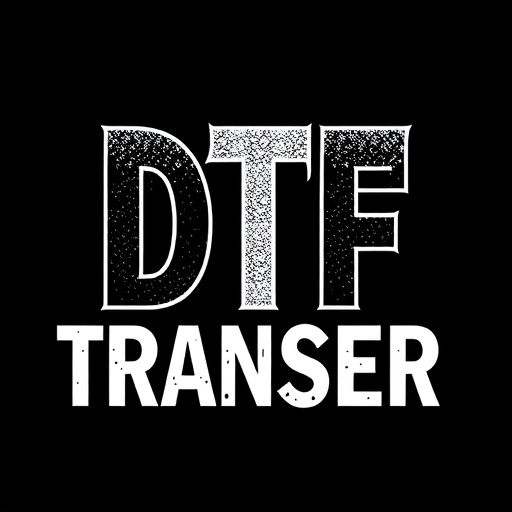
Direct-to-fabric (DTF) transfer printing is a revolutionary method for creating custom fabric design…….
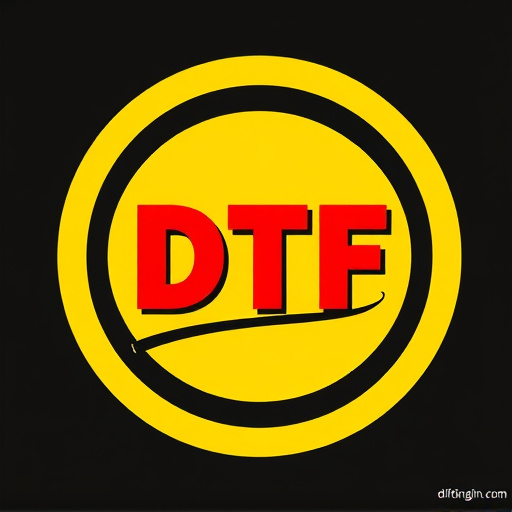
The Direct to Fabric (DTF) Transfer method offers businesses and designers a flexible, cost-effectiv…….
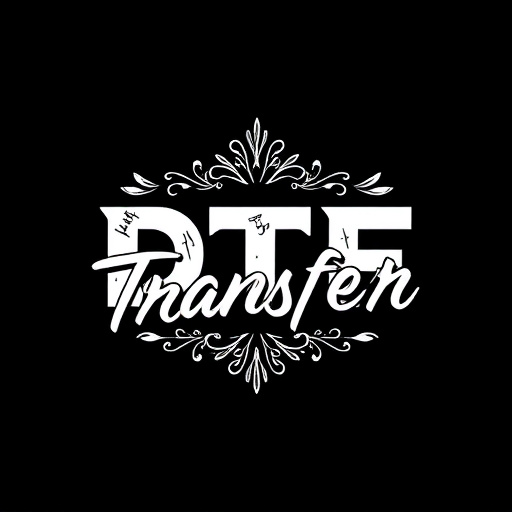
Direct-to-fabric (DTF) transfer revolutionizes small-batch production by enabling designers and busi…….
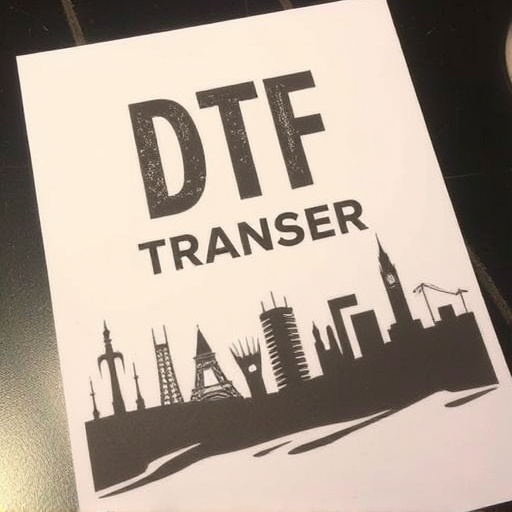
Small-batch customization, powered by technologies like DTF Transfer, is reshaping manufacturing. Th…….
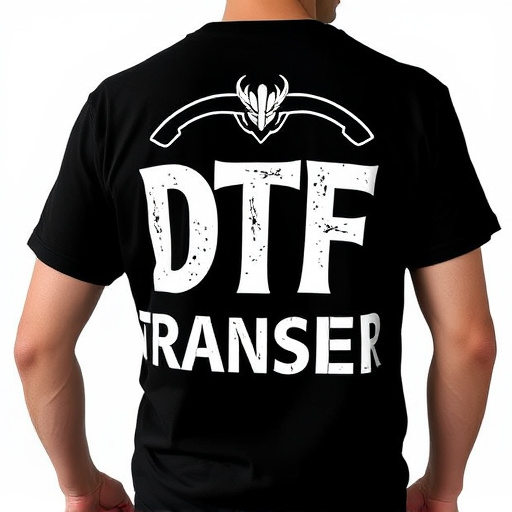
Small-batch production, led by modern techniques like Direct-to-Fabric (DTF) transfers, is reshaping…….
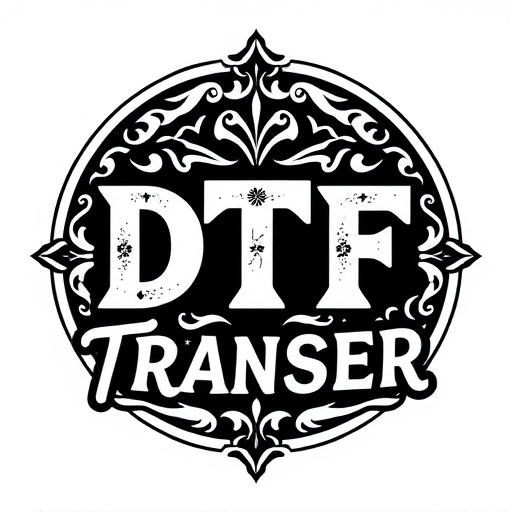
Demand-Based Targeted Manufacturing (DTF) revolutionizes small-batch production by offering unparall…….
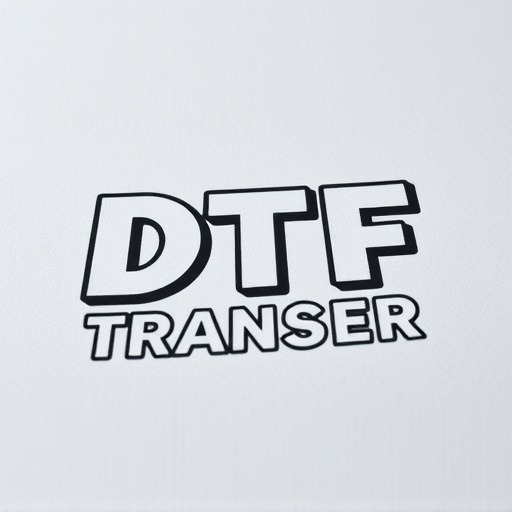
Small-batch customization, powered by Direct To Fabric (DTF) transfer technologies, is revolutionizi…….
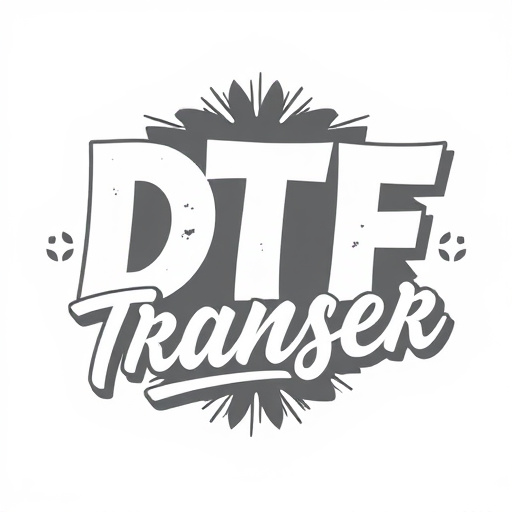
Small-batch production powered by Demand-Driven Manufacturing (DTF) offers a flexible and precise ap…….

Direct to Garment (DTF) transfer printing is a game-changer for small businesses and creators, offer…….